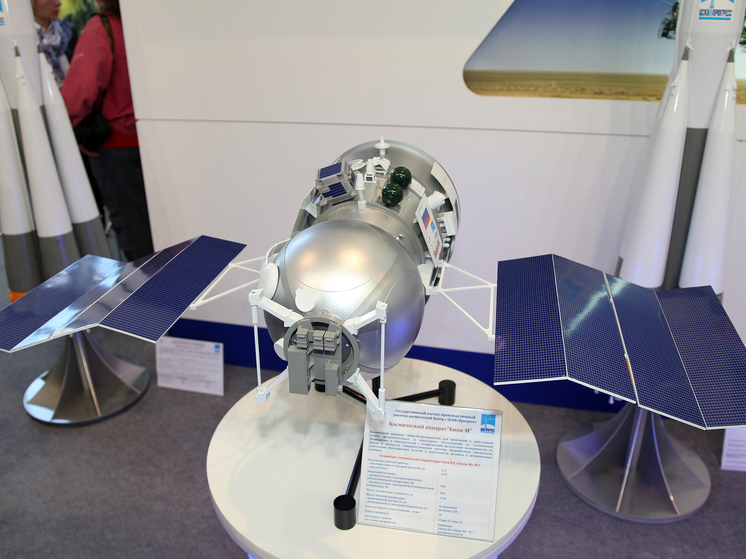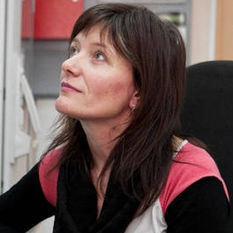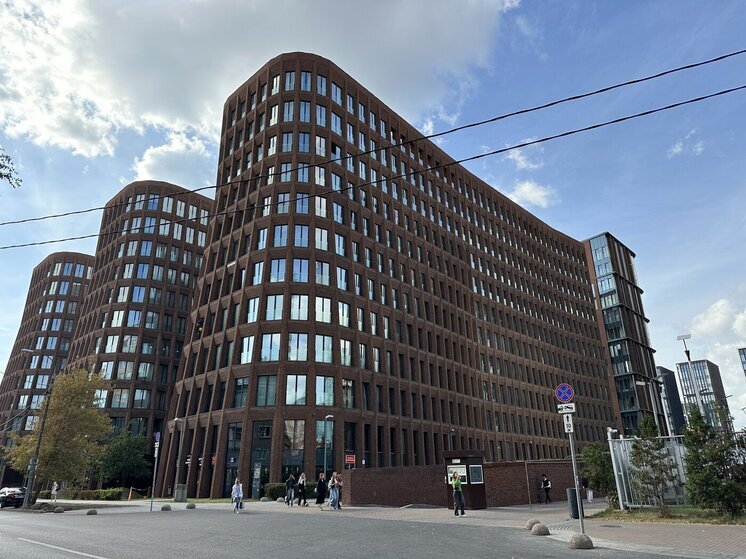The launch of the biological satellite Bion-M No. 2 has been postponed again

Roscosmos and RAS have postponed the launch of the Bion-M No. 2 satellite from May to July 2025
The launch of the biological satellite Bion-M No. 2 into space has been postponed from May 2025 to July 2025. This decision was recently made by a joint preparation group consisting of representatives of Roscosmos and the Russian Academy of Sciences.

The biological satellite Bion-M No. 2 should be a continuation of the extensive work of scientists that began in 2013, when Bion-M No. 1 was sent into space.
On board were mice, Mongolian gerbils, geckos, snails, plants and colonies of various microorganisms.
The launch of Bion-M #2 was originally scheduled for September 2024. 1,500 fruit flies, 75 laboratory mice, plants, cell cultures, and microorganisms were prepared for the flight. The biosatellite was planned to be launched for the first time to an altitude of about 800 kilometers, which is almost twice as high as the orbit of the ISS and 10 times higher in radiation levels than the first Bion-M.
However, for reasons beyond the scientists' control, the September launch had to be postponed to spring 2025 (at first it was March, then May). And recently a new decision was announced about the fate of Bion-M No. 2 - now its launch has been postponed until July 2025.
As for the scientific equipment, animals and plants, all of this was prepared for launch back in September 2024. According to specialists from the Institute of Medical and Biological Problems of the Russian Academy of Sciences, who are responsible for the scientific component of the mission, everything that was planned has long been ready on their part. They did not say what the reason for the latest postponement was.
Let us recall that the main goal of the satellite's scientific program should be to study all the features of high-latitude flight before the start of operation of the new Russian space station ROS. In addition to living beings, scientists plan to study the growth conditions of single-celled algae on Bion for subsequent provision of them to astronauts during long-term space flights. An experiment to study the destruction of materials by microorganisms in zero-gravity conditions is also planned.











